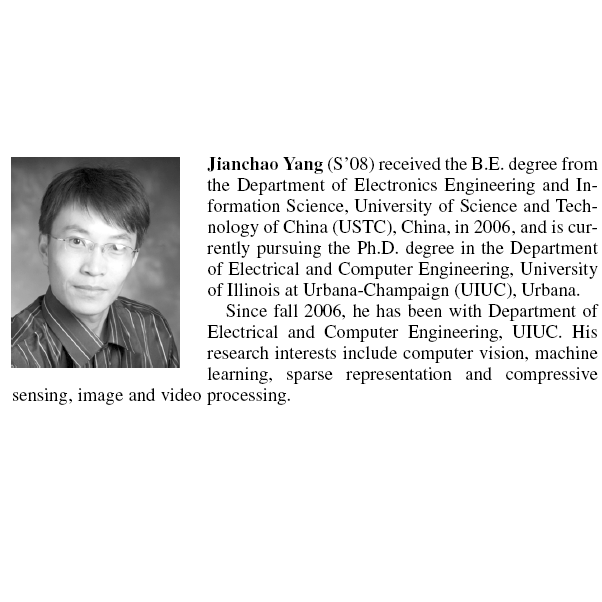Inverse problems consist in recovering a signal given noisy observations. One classical resolution approach is to leverage sparsity and integrate prior knowledge of the signal to the reconstruction algorithm to get a plausible solution. Still, this prior might not be sufficiently adapted to the data. In this work, we study Dictionary and Prior learning from degraded measurements as a bi-level problem, and we take advantage of unrolled algorithms to solve approximate formulations of Synthesis and Analysis. We provide an empirical and theoretical analysis of automatic differentiation for Dictionary Learning to understand better the pros and cons of unrolling in this context. We find that unrolled algorithms speed up the recovery process for a small number of iterations by improving the gradient estimation. Then we compare Analysis and Synthesis by evaluating the performance of unrolled algorithms for inverse problems, without access to any ground truth data for several classes of dictionaries and priors. While Analysis can achieve good results,Synthesis is more robust and performs better. Finally, we illustrate our method on pattern and structure learning tasks from degraded measurements.
翻译:一种典型的解决方案是利用宽度并整合对重建算法信号的先前知识,以找到一个合理的解决方案。然而,此前的这一方法可能还不足以适应数据。在这项工作中,我们研究从退化的测量学中进行字典和先期学习是一个双层次的问题,我们利用非滚动算法来解决合成和分析的大致公式。我们为词典学习提供自动区分的经验和理论分析,以更好地了解这方面解动的利弊。我们发现,通过改进梯度估计,解动算法加快了少量迭代法的恢复过程。然后我们比较分析和综合,通过评估反向问题的未滚动算法的性能,而不能为几类词典和前科获得任何地面真象数据。虽然分析可以取得良好的结果,但合成法更有力,并且表现更好。最后,我们通过改进梯度估计来说明我们关于模式和结构的学习任务的方法。



